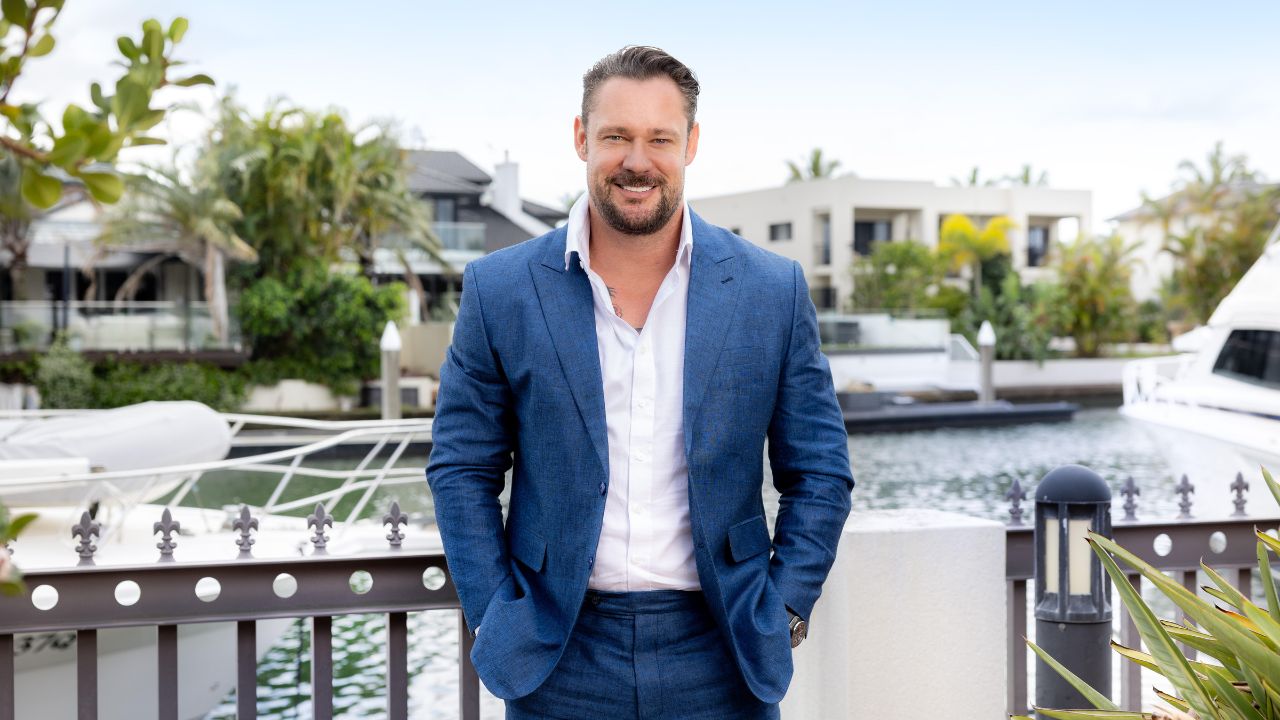I’ve got a bit of an obsession with cars and motorbikes.
I’m always buying something new, trading up, or just having a look at what’s on the market.
And every single time I walk into a dealership, I’m reminded of how badly our industry handles customer service after the sale.
Here’s the difference: when you buy a new car, they make a big deal of the handover.
There’s a sheet over your new ride with a bow on top.
They pull it off with a flourish, take photos, give you a gift pack.
Then they’re constantly in touch – service reminders, warranty check-ins, invitations to new model launches.
They never really let you go.
Now compare that to what we do in real estate.
We work hard to get a listing, we go all out to sell the property, and then… we’re off chasing the next one.
The client who just made us tens of thousands of dollars?
Sometimes, they are lucky to get a quick “thanks, mate” and we’re gone.
It’s no wonder that 70 per cent of properties that come to market don’t go back to the agent who sold them originally.
The Missed Opportunity
When I took over Ray White Shore Group, I sat down and did the maths on this.
Conservatively, I suspected we were losing between two and three million dollars a year by not looking after our clients properly after settlement.
Two to three million!
That’s not pocket change – that’s serious money walking out the door.
So I did something about it.
I created a role specifically for after-sales care.
This person takes over the relationship from the moment we hand over the keys.
They ring the clients, make sure they’re happy, organise gifts, send anniversary letters, keep them updated with market reports.
They basically make sure our clients feel looked after, not abandoned.
And here’s the thing – it’s not just about the money, though obviously that matters.
It’s about doing the right thing.
These people trusted us with the biggest transaction of their lives.
The least we can do is make sure they feel valued afterwards.
Learning from Other Industries
The automotive industry isn’t the only one that gets this right.
Walk into any decent hotel chain, and they’ll follow up after your stay.
Buy something from a good online retailer, and you’ll get tracking updates, delivery confirmations, and “how was your experience?” emails.
Even your local coffee shop probably has a loyalty program.
But in real estate?
At times, we act like the relationship ends at settlement, which is actually mental when you think about it.
I had a look at what other businesses were doing, and it became pretty obvious what we were missing.
We weren’t thinking long-term. We weren’t building sticky relationships.
We were treating every transaction like a one-off instead of the beginning of a lifelong relationship.
The Community Connection
The same person who handles our after-sales care also looks after our community relationships.
They go out and find sponsorship opportunities – local schools, surf life saving clubs, charities, whatever makes sense for our area.
But here’s the key: we don’t just write a cheque and walk away.
We actually show up.
We get involved.
We do more than what’s expected.
I saw this working brilliantly for a business in Auckland – an 18-office network that really had their community engagement sorted.
They weren’t just sponsors; they were part of the fabric of their local area.
I figured if it worked for them, why not give it a crack here?
The Shore Group business I bought had been around for 18 years, but I couldn’t see much evidence of community involvement.
Plenty of taking, not much giving back.
That had to change.
The Long Game
Look, I’ll be honest – these strategies are not about quick wins.
The after-sales care role and the community work are long-term investments.
We might not see the full benefit for one, two, maybe five years.
But I’m not building a business for next month; I’m building something that’ll be here for decades.
And the early signs are promising.
We’re getting referrals from clients who haven’t dealt with us for months.
We’re getting calls from people who say, “You guys looked after my mate really well, so I thought I’d give you a ring.”
That’s the kind of business I want to build.
Making It Work
The beauty of this approach is that it doesn’t require rocket science.
You just need to care enough to follow through.
Create systems that keep your clients engaged.
Invest in relationships beyond the transaction.
Show up for your community.
I get it – when you’re busy chasing listings and trying to make sales, the last thing you want to think about is what happens after settlement.
But that’s exactly when you should be thinking about it.
Because while your competitors are off chasing their next deal, you could be nurturing the relationships that’ll feed your business for years to come.
The automotive industry figured this out decades ago.
Maybe it’s time we caught up.

